
Air quality stood at 69.80, the lowest among all items surveyed items, while water quality stood at 73.92, the lowest public service score, the report said.
For the second quarter, the Chinese government should make policies to boost tourists' confidence, although it may be affected by the H7N9 strain of bird flu as well as other pressures, said Dai Bin, the head of the China Tourism Academy.
Dai dismissed comments that the bird flu cases will dramatically hurt the Chinese tourist market.
"It is reasonable that some countries became cautious about tourists from China. But we are optimistic about Chinese tourism development in the second quarter," Dai said.
The academy predicted that in the second quarter, the total number of tourists in the Chinese market will reach 1.76 billion, a rise of 11 percent, while revenues will increase by 13.5 percent to 1.45 trillion yuan ($233.7 billion).
Usually, the second quarter is the peak season for the Chinese tourism market, Dai said.
Compared with the SARS outbreak in 2003, the government did a good job this time and was more transparent, Dai said.
In the first quarter, the satisfaction score among overseas tourists was 80.72, a 3.59 drop from last year, the report said.
Overseas' tourists scores were far less satisfactory on air quality than domestic tourists, said Li Zhongguang, a researcher from the China Tourism Academy.
Li said other aspects such as public service, tourist agency service and prices also affected the satisfaction of overseas tourists.

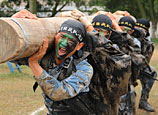
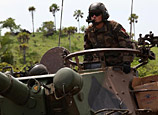
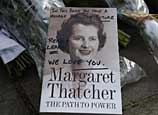

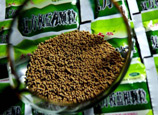
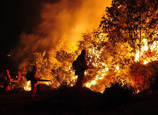
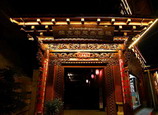
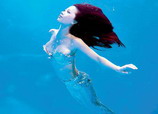

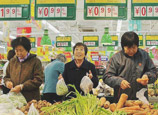






 Stand in face of bulldozer
Stand in face of bulldozer
With water and electricity cut, lonely 'Nail House' struggling to stay


![]()
